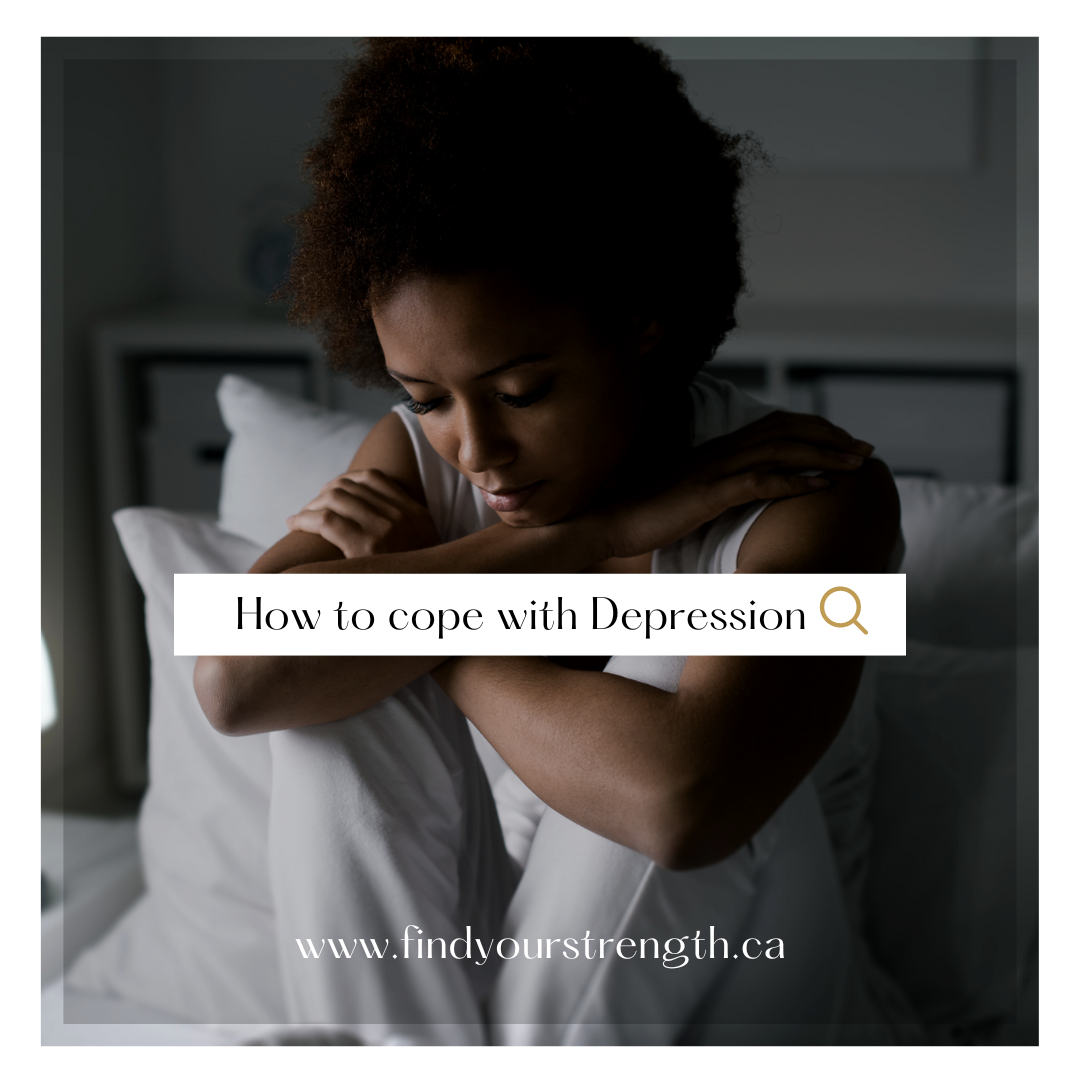
Depression is a common yet serious mental health condition that affects millions of people worldwide. It can profoundly impact one’s quality of life, making even the simplest tasks feel insurmountable. Understanding the signs of depression and seeking appropriate therapy can make a significant difference in managing and overcoming this condition.
Recognizing the Signs of Depression
Depression manifests differently in each individual, but there are common signs to watch for:
- Persistent Sadness or Emptiness: Feeling sad, anxious, or empty most of the day, nearly every day.
- Loss of Interest or Pleasure: A marked decrease in interest or pleasure in activities once enjoyed.
- Changes in Appetite or Weight: Significant weight loss or gain unrelated to dieting.
- Sleep Disturbances: Insomnia or excessive sleeping.
- Fatigue or Low Energy: Feeling tired nearly every day, regardless of how much rest you get.
- Feelings of Worthlessness or Guilt: Intense feelings of worthlessness, guilt, or helplessness.
- Difficulty Concentrating: Trouble focusing, making decisions, or remembering things.
- Physical Symptoms: Unexplained physical problems such as headaches or digestive issues.
- Thoughts of Death or Suicide: Frequent thoughts about death, suicidal ideation, or suicide attempts.
Recognizing these signs early is crucial. Depression is not just a fleeting feeling of sadness; it is a persistent condition that requires attention and care.
How Therapy Can Help
Therapy, or psychotherapy, is one of the most effective treatments for depression. It involves talking with a trained therapist to address the emotional, psychological, and behavioural aspects of depression. Here’s how therapy can help:
- Provides a Safe Space to Talk
Therapy offers a confidential environment where you can express your thoughts and feelings without judgment. This safe space allows you to explore the root causes of your depression and gain insight into your emotions.
- Helps Identify Negative Thought Patterns
Cognitive Behaviorual Therapy (CBT) is particularly effective for depression. It helps identify and challenge negative thought patterns and beliefs that contribute to depressive symptoms. By restructuring these thoughts, you can develop a more positive outlook.
- Teaches Coping Strategies
Therapists provide practical tools and strategies to cope with depressive symptoms. These can include stress management techniques, mindfulness exercises, and strategies to improve sleep and daily routines.
- Addresses Underlying Issues
Therapy can uncover underlying issues that contribute to depression, such as unresolved trauma, relationship problems, or chronic stress. Addressing these issues can lead to long-term improvement in mental health.
- Offers Emotional Support
Regular sessions with a therapist provide consistent emotional support, helping you feel less isolated. This support can be crucial in moments of crisis or when you’re struggling to stay motivated.
Combining Therapy with Other Treatments
While therapy is highly effective, it often works best when combined with other treatments:
– Medication: Antidepressants can be prescribed by a psychiatrist to help manage chemical imbalances in the brain.
– Lifestyle Changes: Regular exercise, a healthy diet, and adequate sleep can significantly impact your mood and overall well-being.
– Support Networks: Joining support groups or connecting with loved ones can provide additional layers of support and understanding.
Taking the First Step
If you or someone you know is experiencing signs of depression, it’s essential to seek help. Contacting a mental health professional is a courageous first step towards recovery. Remember, depression is a treatable condition, and with the right support and resources, it is possible to lead a fulfilling and joyful life.
Final Thoughts
Coping with depression is a journey that requires patience, resilience, and support. Recognizing the signs early and seeking therapy can provide the tools needed to navigate this journey successfully. If you’re struggling, reach out for help—you’re not alone, and brighter days are ahead.
If you found this post helpful, please share it with others who might benefit. Your support can make a difference in someone’s life.


